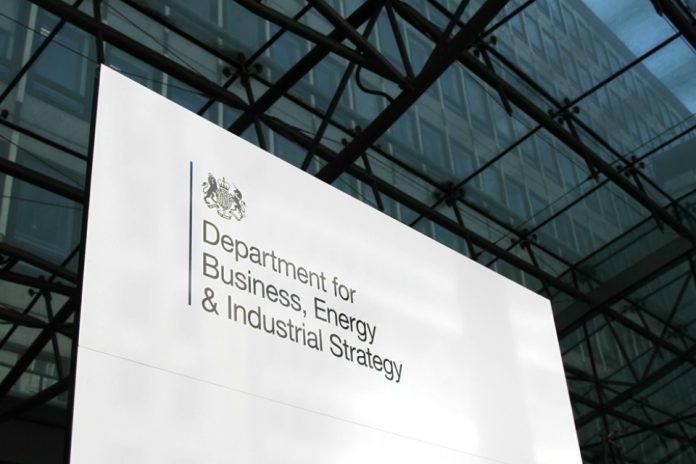- Around 2 million of the UK’s lowest-paid workers expected to benefit from increase in National Minimum Wage and National Living Wage
- for the first time, the National Living Wage will apply to 23 and 24 year olds
- measured increases will support Britain’s workforce, while recognising the impact the COVID-19 pandemic has had on business
Millions of workers across the country will receive a rise in their pay, following an increase in the National Minimum Wage and National Living Wage from April 2021.
In his Spending Review, the Chancellor confirmed that the rate rises include a 2.2% increase in the National Living Wage to £8.91, the equivalent of £345 extra per year for someone working full-time.
For the first time, more younger people will be eligible for the National Living Wage, as the age threshold will be lowered from 25 to 23.
The rises mean that the annual earnings of a full-time worker on the NLW will have increased by around £4,030 since its introduction in April 2016.
Business Secretary Alok Sharma said:
“While this has been an extraordinarily difficult year for millions of people, this government remains absolutely committed to putting more money in the pockets of the UK’s lowest-paid workers.
“This measured rise strikes the right balance between supporting hard-working families through this tough time, while protecting firms as they recover from the impacts of COVID-19.”
Chancellor of the Exchequer, Rishi Sunak, said:
“I know people are struggling, and that they are worried about the months ahead. This above-inflation pay rise will help to protect the lowest paid and put more money in the pockets of hard-working families.”
The new rates were recommended by the Low Pay Commission, an independent body made up of Commissioners from business, worker and academic backgrounds, which advises the government on the National Minimum Wage and the National Living Wage. Ministers accepted their recommendations in full.
The Low Pay Commission has not recommended any change to the government’s target of the NLW reaching two-thirds of median earnings by 2024, and this increase keeps the government on track to meet that target.
The figures were calculated to provide a rise in pay for millions of families across the UK, while ensuring businesses can thrive as the country recovers from the pandemic.
The announcement of the new rates has been made as early as possible to provide added certainty for both workers and businesses for the year ahead as the UK looks to build back better from the impacts of COVID-19.
Throughout the pandemic our economic priority has always been to protect jobs and incomes. Our unprecedented furlough and self-employed schemes have protected the livelihoods of over 12 million people, including those with lower-incomes.
In full, the increases are:
- National Living Wage (23+) to increase 2.2%, from £8.72 to £8.91
- National Minimum Wage (21-22) to increase 2%, from £8.20 to £8.36
- National Minimum Wage (18-20) to increase 1.7% from £6.45 to £6.56
- National Minimum Wage (under 18) to increase 1.5% from £4.55 to £4.62
- Apprenticeship Wage to increase 3.6% from £4.15 to £4.30
Notes to editors
The 23-24 age category for the National Minimum Wage has been abolished, following the lowering of the age of the eligibility for the National Living Wage to 23 years old.







